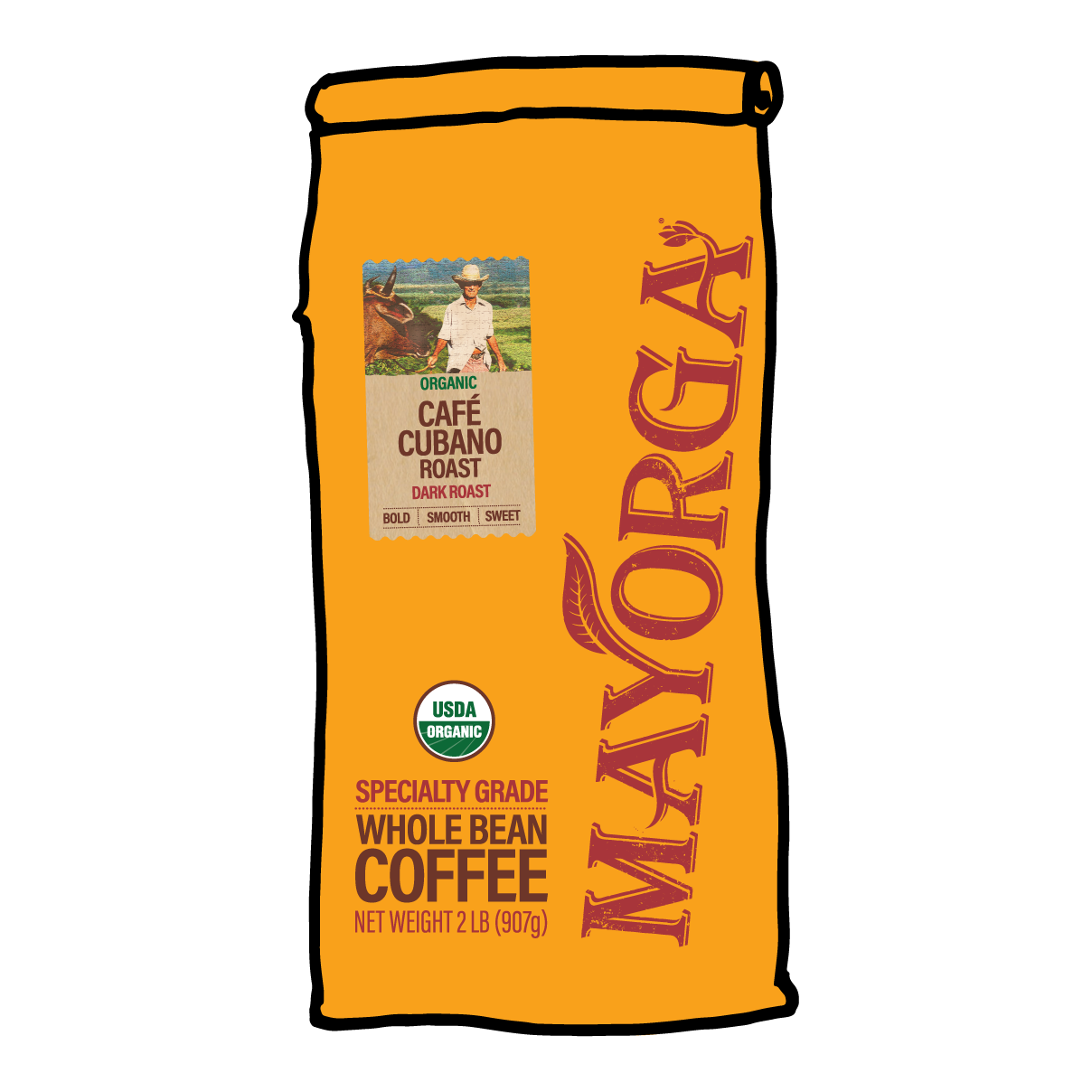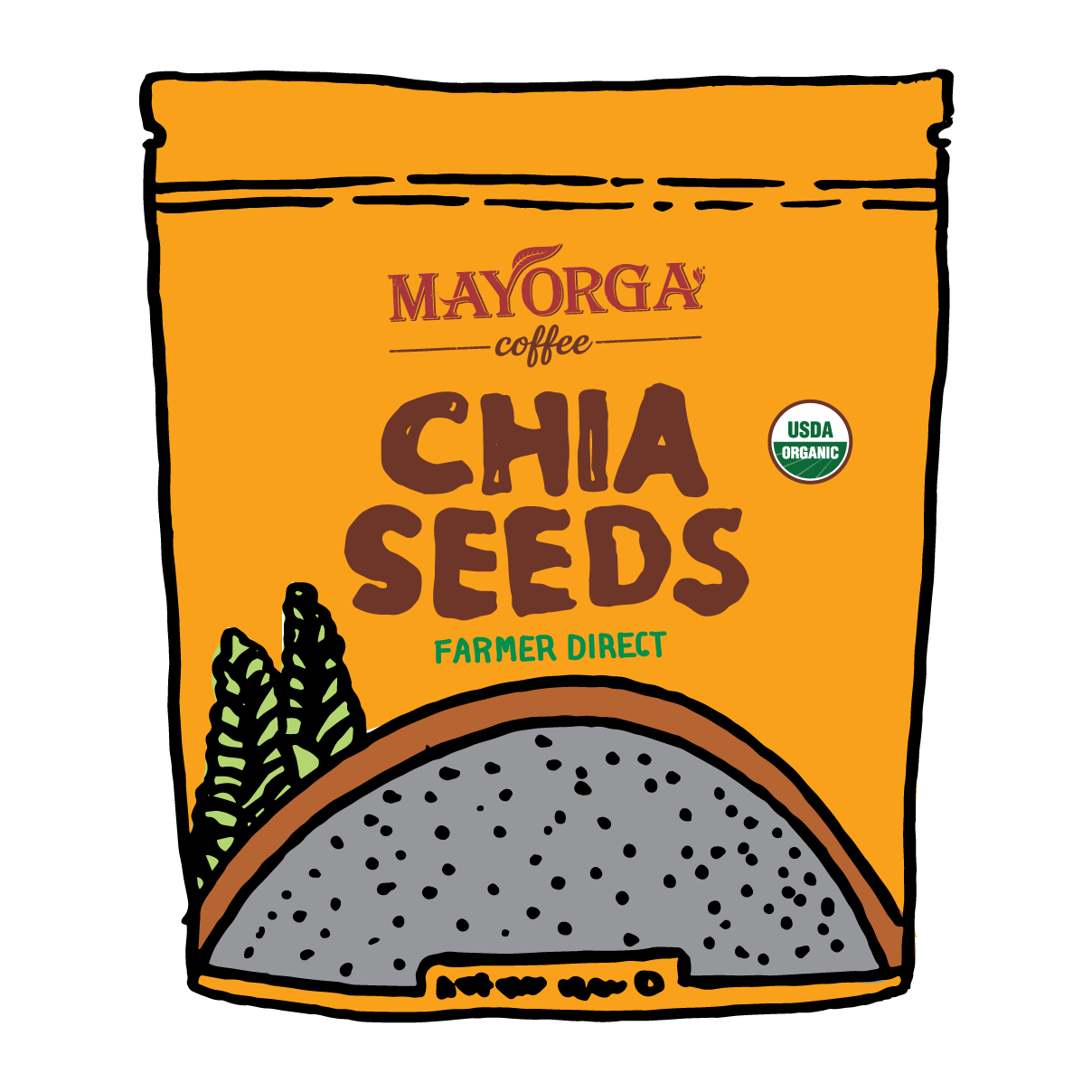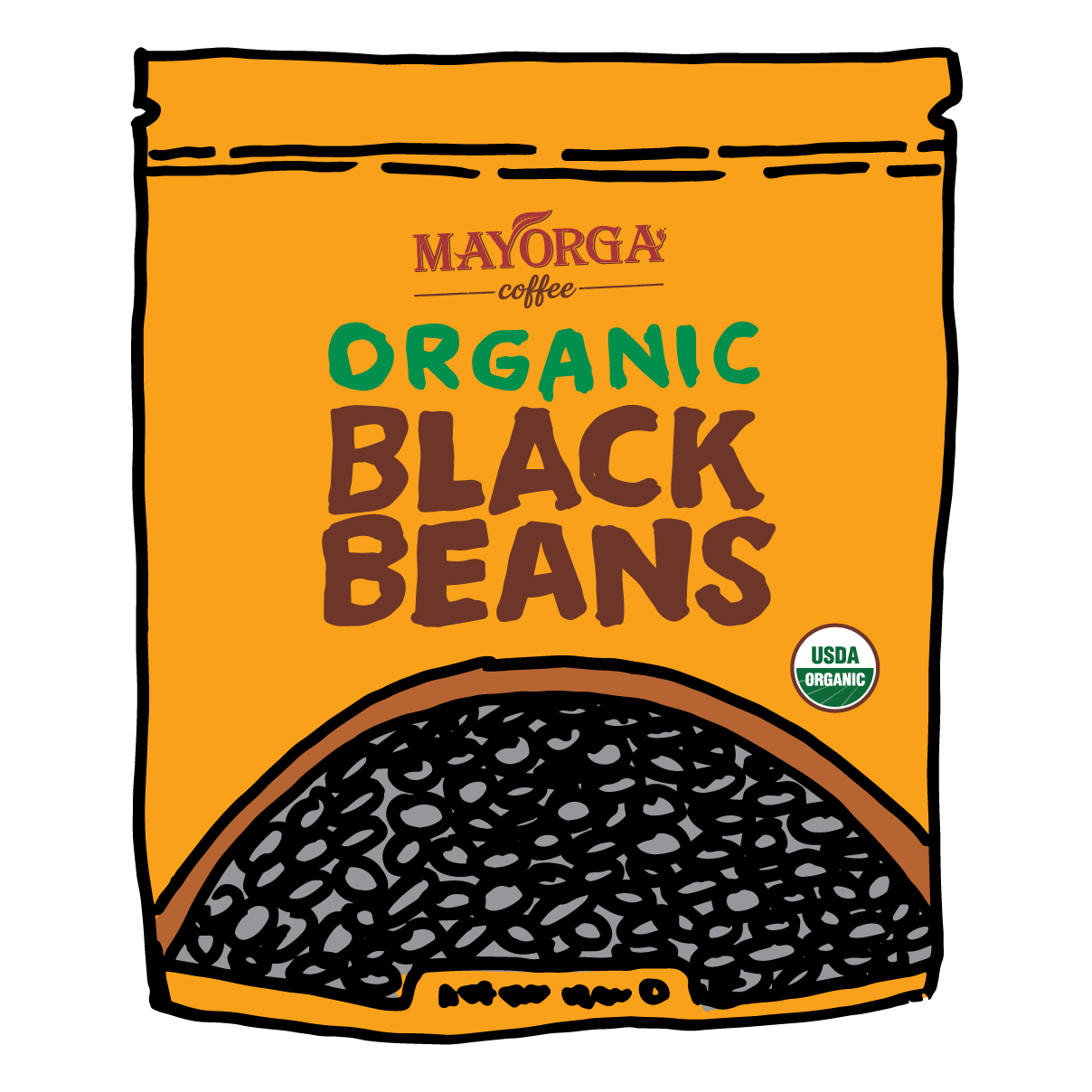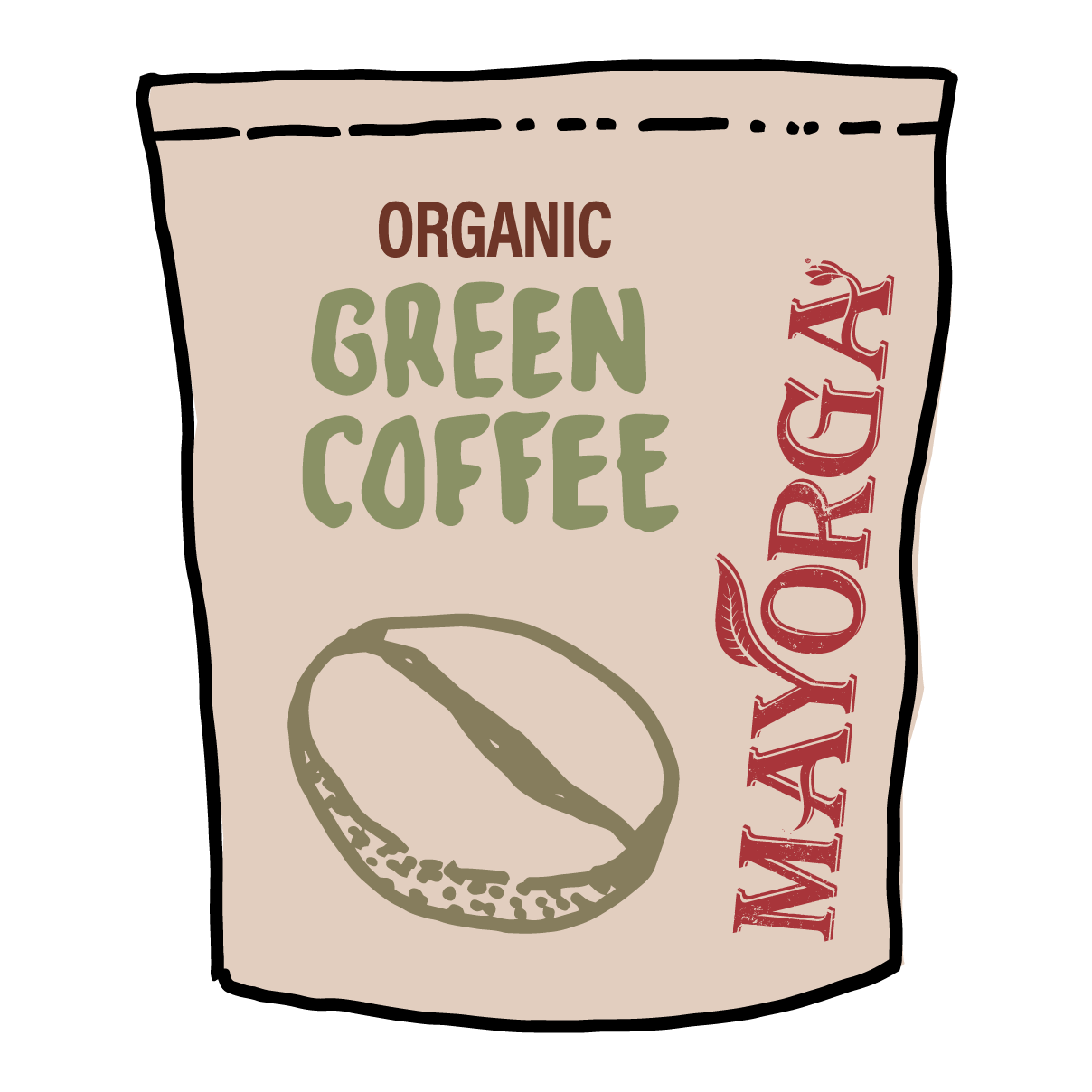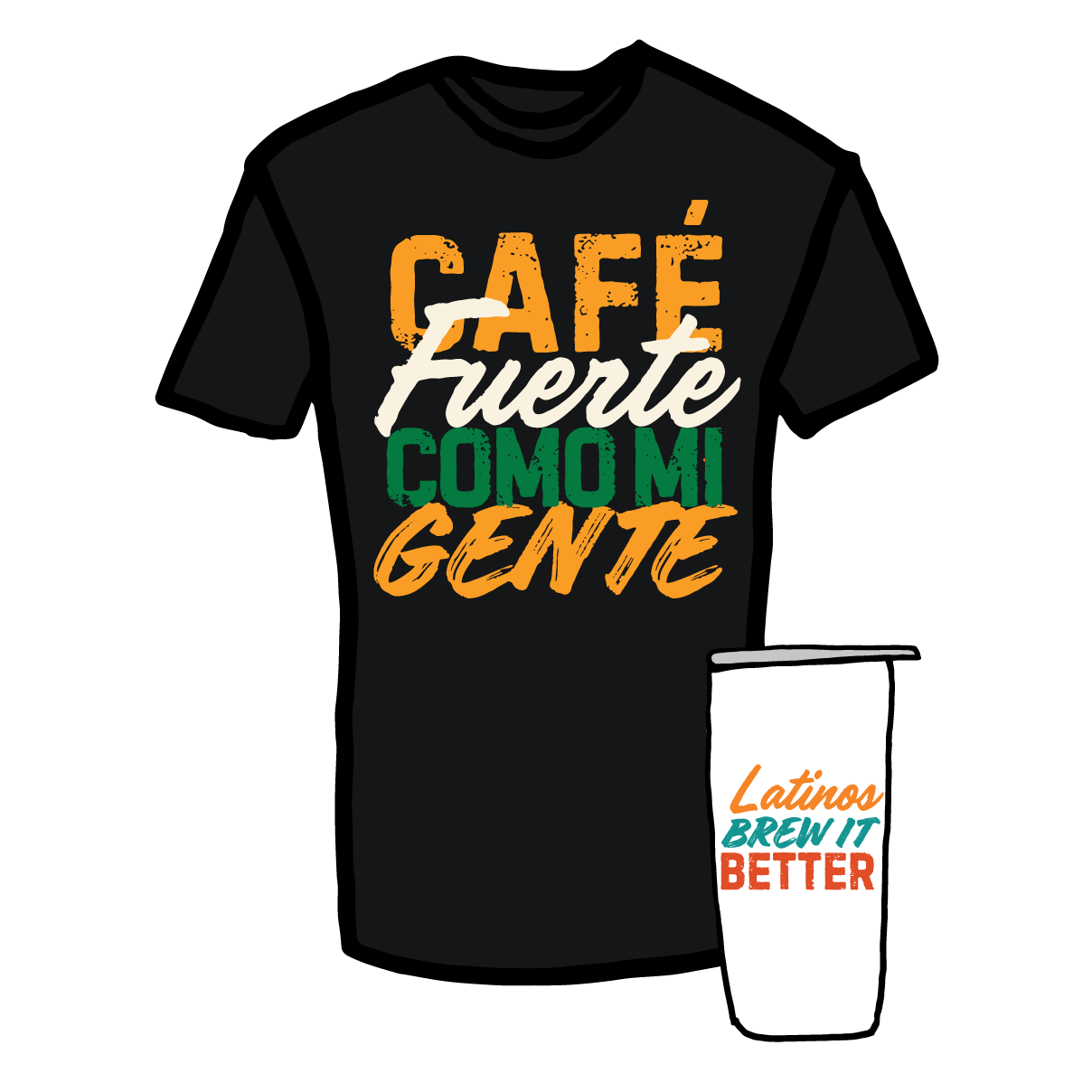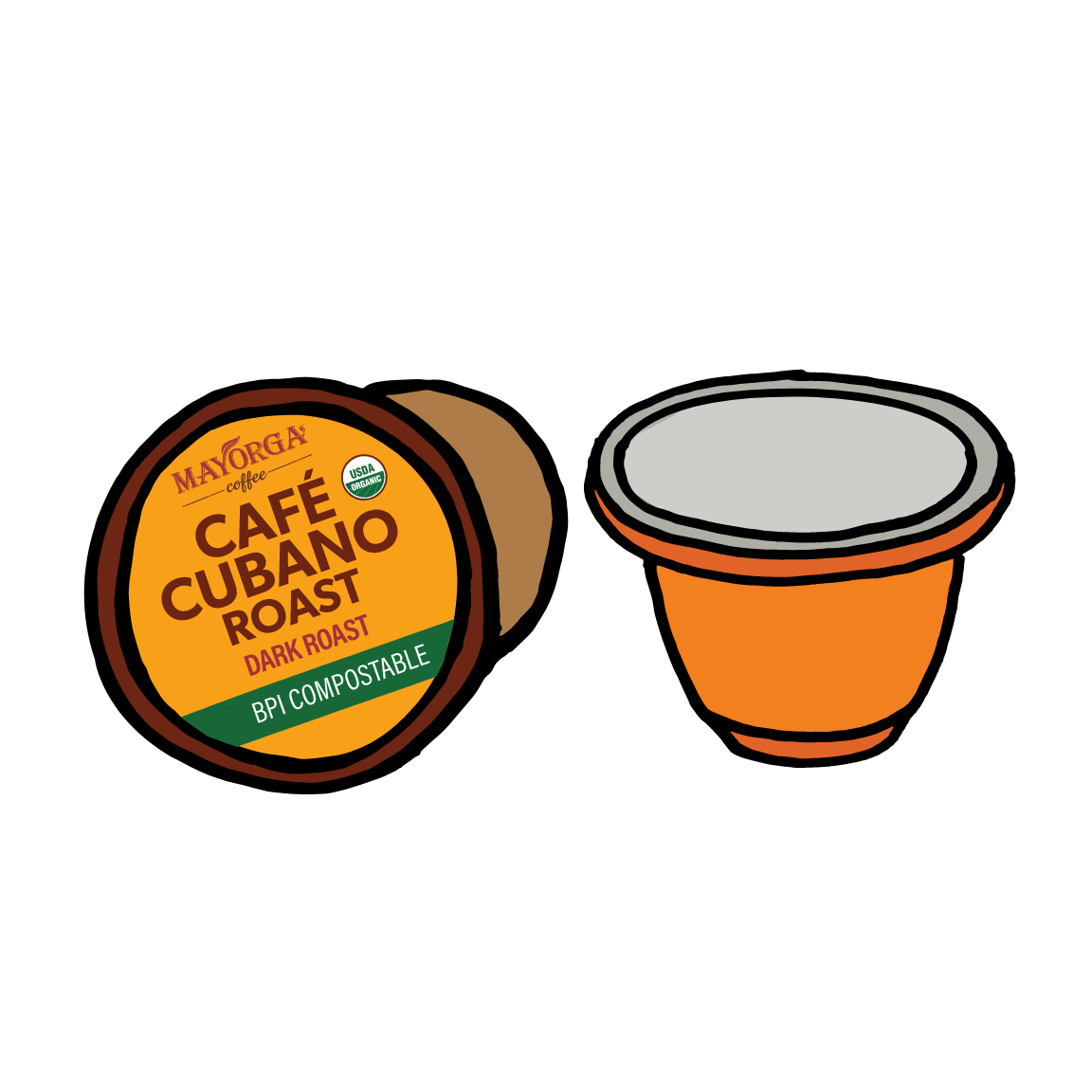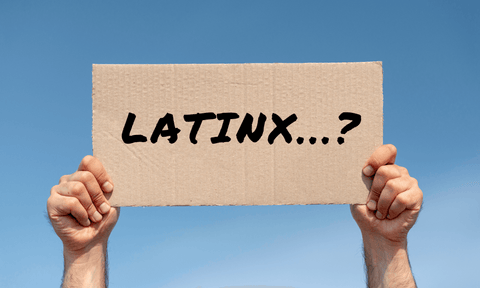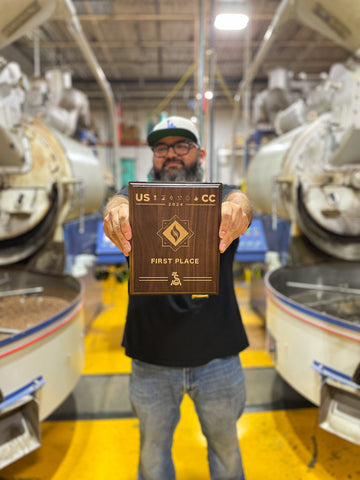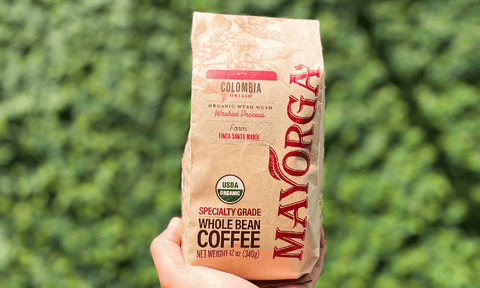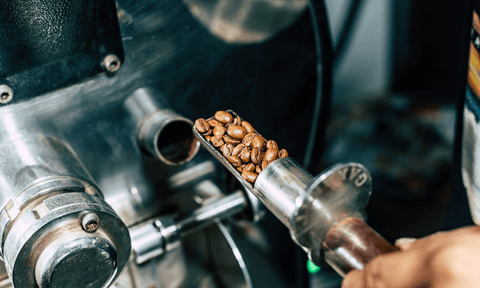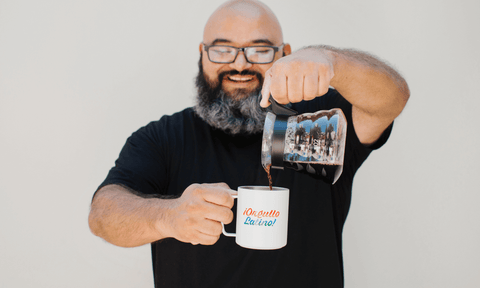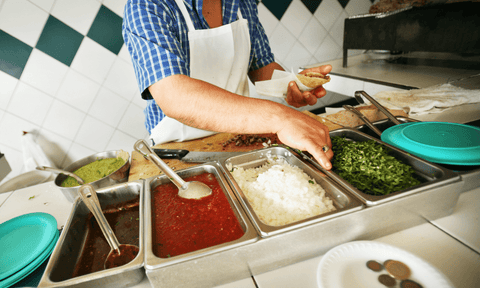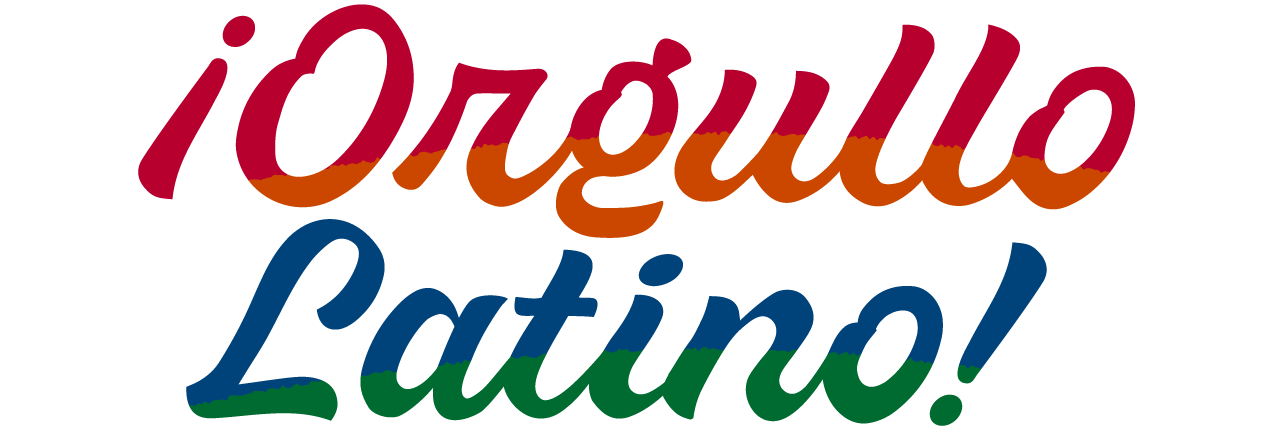ORGULLO LATINO
Reading time: 4 minutes
Spanglish: Uniting Cultures and Redefining Communication
We speak to an expert about Spanglish - the expressive mix of two of the world's most spoken languages that’s so firmly entrenched in our contemporary Latino culture.
Jump to:
How do we begin to characterize Spanglish?
It's not exactly a language in its own right – but many argue it is not a dialect either. To qualify as a dialect, the variation in language should be due to a group of speakers’ geographical separation from others who speak the same language.
Whereas Spanglish is quite the opposite! It’s much more about coming together than it is about being apart.
The Evolution of Spanglish
The origins of Spanglish date back to the first encounters between Spanish and English speakers in the 16th century.
Later, when the Mexico-US border was established, Mexico gained independence but lost part of its territory to the US. Meaning that many Spanish-speaking natives suddenly found themselves living in an English-speaking country.
Over time, the contact between the two languages grew stronger as increasing amounts of Latin American immigrants began entering the United States.
Words such as "tomato", "nacho" and "taco" quickly became part of the US lexicon. Spanish speakers also acquired new words, generally money-related, such as "nicle" for "nickel" and "cuarta" for "quarter".
But the US is not the only place where Spanglish is spoken. Ilona Gorelaya, a linguistics expert from MGIMO University, explains that this is a phenomenon in all Spanish-speaking regions, as well as in English-speaking countries with a significant Spanish-speaking population.

It's about coming together
Many of us living in the US are proud Spanglish speakers and see it as a link between two cultures with which we identify. Suffice to say the combination of English and Spanish also represents the cultural reality in many of our households.
Puerto Ricans, for instance, are native Spanish speakers but part of an English-speaking country. As such, they resort to code-switching – or language alternation – as a strategy for maintaining contact and identity with two cultures, neither of which they should have to relinquish. This is also true for places like California where Hispanic communities are so prolific, there are more Spanish-language radio stations “than in all of Central America together” (Andrade, 2014).
In her essay "Spanglish": The Language of Chicanos, Rosa María Jiménez notes the importance of code-switching for her community.
"For Chicanos, code-switching has developed into a cultural social and political tool," she writes. "Code-switching not only reflects our identity but also provides a means for us to strengthen each other. By speaking Spanglish, we restore pride in our language and ourselves."
Globalization and mass media have also contributed to the intermingling of languages, with English still seen as an international language and means of communication. As such, many English words have entered the lexicon of foreign languages and a common phenomenon is that of taking an English word but using it according to the grammatical rules of another language.
A perfect example of that is the word "janguear", which comes from "to hang out," but can be conjugated according to Spanish grammar rules.
And it's not only Latinos who speak Spanglish, notes Gorelaya, who points out that both Spanish and English native musicians use Spanglish in their songs.
For instance, Latino artists such as Shakira and Enrique Iglesias use Spanglish in their songs but so do artists like Madonna and Beyoncé, for whom English is their first language.

Is Spanglish the Language of the Future?
While this may highlight the effectiveness of the language as a new means of global communication, Spanglish does have its critics.
Many intellectuals from the Spanish speaking world have the view that Spanglish is an illegitimate, even wrongful language. And some even consider it simply a broken version of English and Spanish.
Yet, most Spanglish speakers do not think mixing languages is detrimental to either the English or Spanish languages. Rather, Spanglish enables us to express ourselves better, especially when a phrase is hard to translate or only exists in one of the two languages.
After all, language is nothing if not fluid. For thousands of years, language has shifted and adapted to reflect the needs of different societies and their evolution.
And, as our communities have grown over the years, Spanglish has become marker of identity; a form of communication that brings together different cultures in our households. This has helped Spanglish gain acceptance and enabled us to linguistically show our diverse backgrounds.
Ilona Gorelaya believes this trend will continue for as long as communities keep on integrating and cultures continue to mix. Something that shows no sign of slowing, as more and more people become global citizens.
Rosa María Jiménez agrees, "It is an innovative language that defines, unites and empowers. ¡Qué viva the Spanglish language!"
